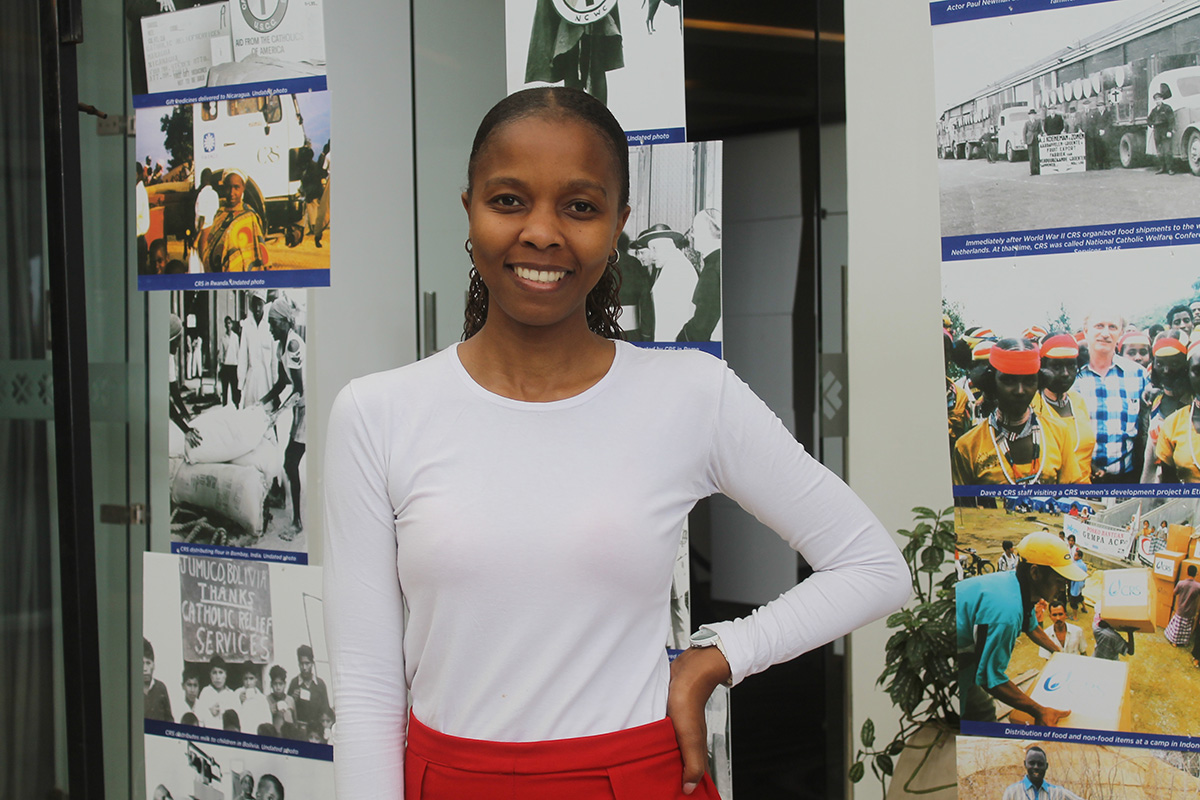Screen time affects early language learning – Australian study finds
March 30by Cody Mitchell
A recent Australian study has found that screen usage could be depriving average three-year-olds of more than 1100 adult words each day—a dramatic interference with the early language learning process.
While there is some evidence that screen time can help children develop certain skills—like problem solving—there is also evidence that it wreaks havoc on language learning in the early years of a child’s life.
A recent study conducted in collaboration with the University of Adelaide, the University of Oxford and Griffith University’s Menzies Health Institute, and published in the Journal of the American Medical Association Pediatrics,tracked 220 Australian families over two and a half years. It measured the relationship between the screen usage within the family and the language environment for the children.
According to the study’s abstract, “Findings of this study support the notion of technoference for Australian families, whereby young children’s exposure to screen time is interfering with opportunities to talk and interact in their home environment.”
Lead author Dr Mary Brushe, an adjunct fellow at the University of Adelaide and a senior research officer at Telethon Kids Institute, commented, “We know the amount of talk and interaction children experience is critical for their early language development, and that early language is a fundamental milestone setting children up for lifelong success.”
The study attempted to fill a gap in the research by determining the effect that screen usage may have on that language environment. To avoid a subconscious altering of behaviour, parents were not told that screen time specifically was being measured until after the study had concluded—when their consent was sought.
Smart devices were used to count words and record parent-child talk and electronic noises around the children.
“The results were most profound when children reached three years of age,” says Dr Brushe, summarising the study’s findings. “Just one minute of screen time was associated with seven fewer adult words, five fewer child vocalisations and one less back-and-forth interaction.”
“Based on the actual average daily screen time for children in this study at 36 months – 172 minutes, or just under three hours – they could in fact be missing out on up to 1,139 adult words, 843 vocalisations and 194 conversational turns per day.
Based on the average daily screen usage for the children in the study, these figures add up to around 840 vocalisations and 194 conversations missed each day. Even a limit of one hour per day (the World Health Organisation advice for children 36 months old) would mean kids miss out on as many as 397 adult words, 294 vocalisations and 68 conversational turns every day.
The study noted that it was important that parents understand “the potential association of screen time with opportunities for children and adults to talk and interact in their home environment”—also called “technoference”.
Australia’s guidelines currently recommend that children younger than 24 months should not have any screen time. Up to five years old, that time should be limited to an hour a day maximum.
The research raises significant questions about the possibly detrimental impacts of digital technology exposure, especially for young children in their formative years.
Researchers have for some time raised concerns about the use of digital technology in schools, and various Australian state governments have recently made the decision to ban mobile phones in public schools.
This latest study appears to reinforce perceptions that there is a dark side to digital technology, especially for young children.






